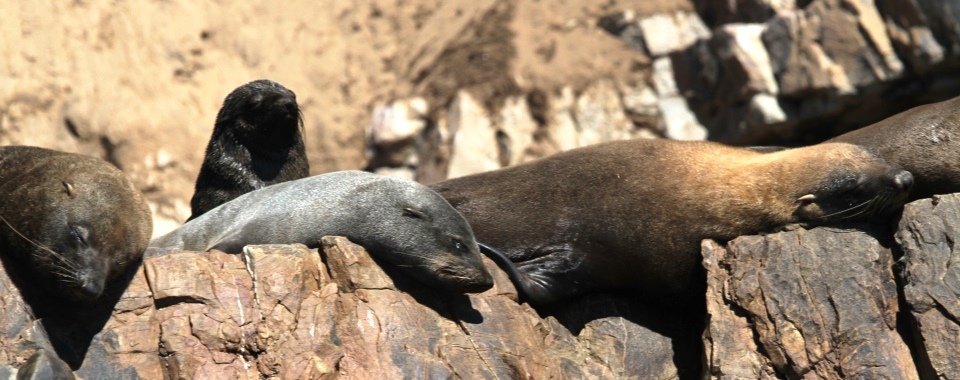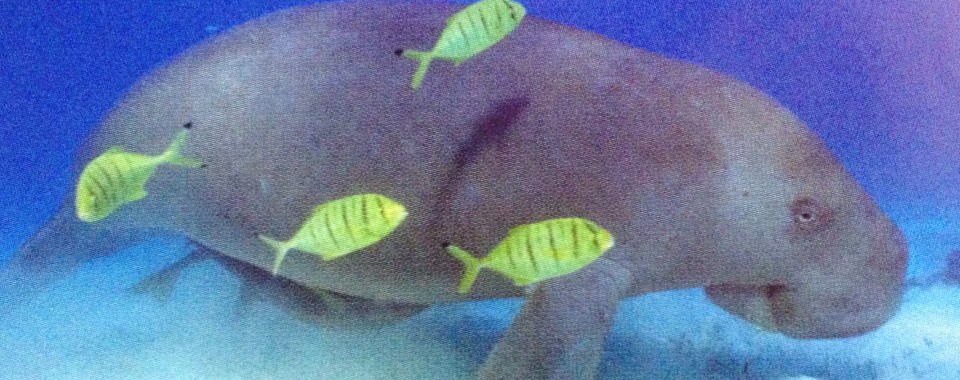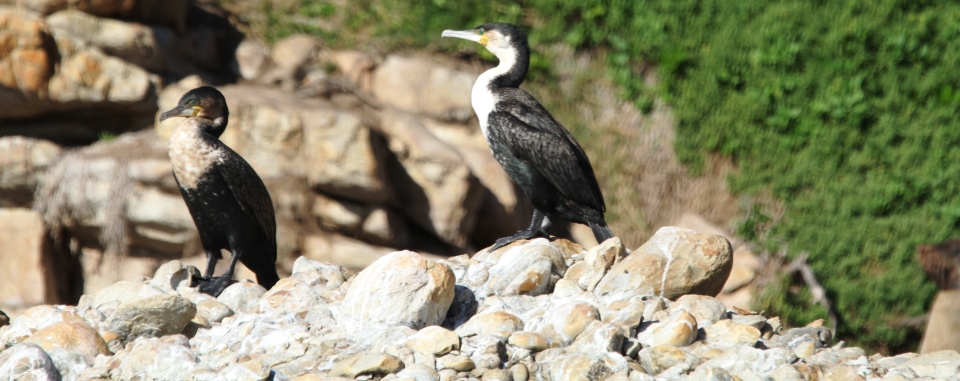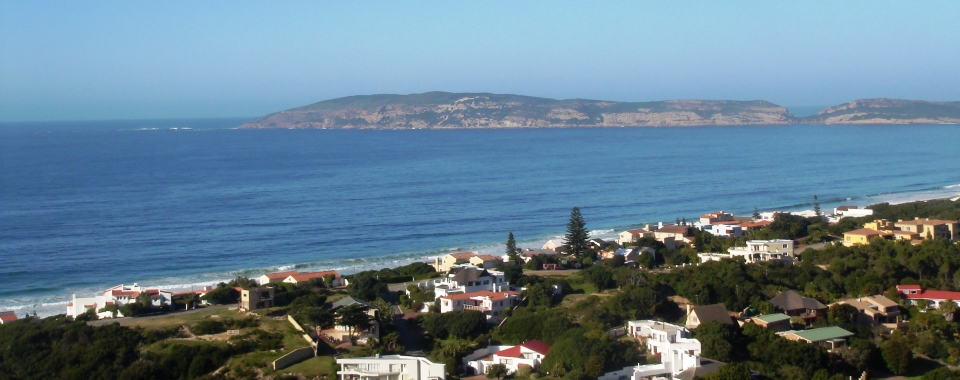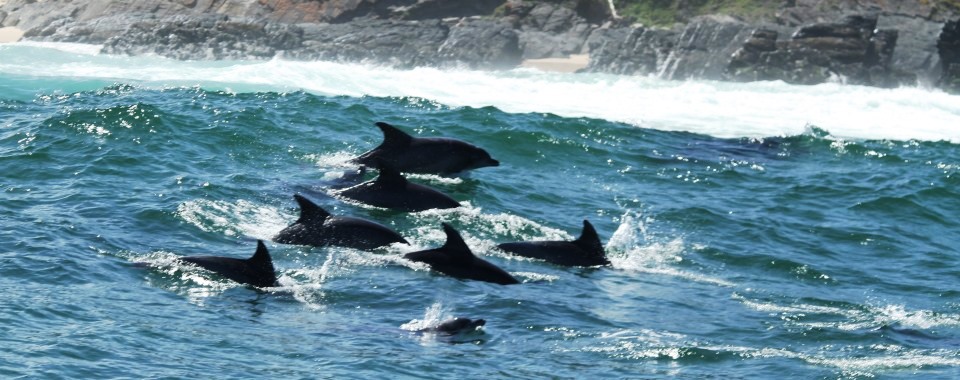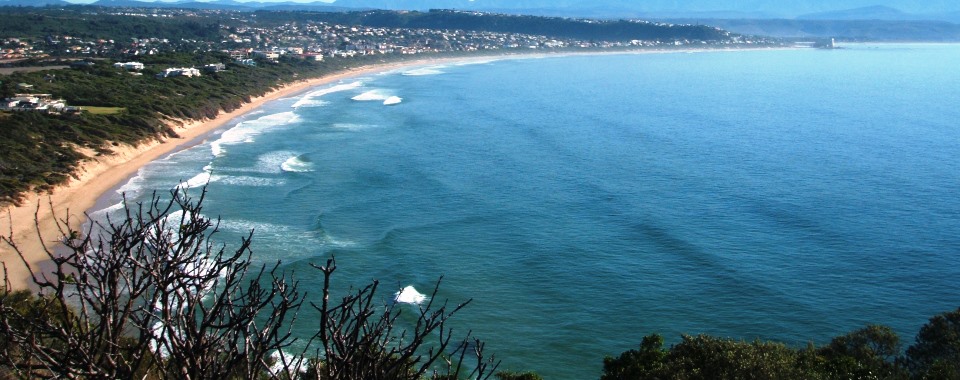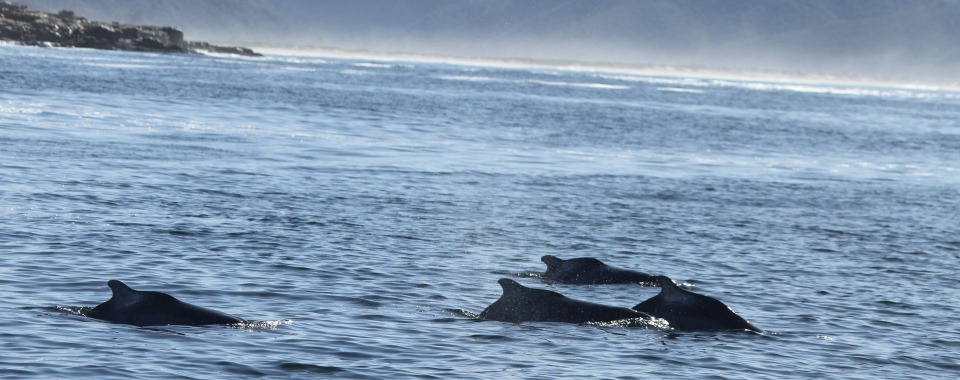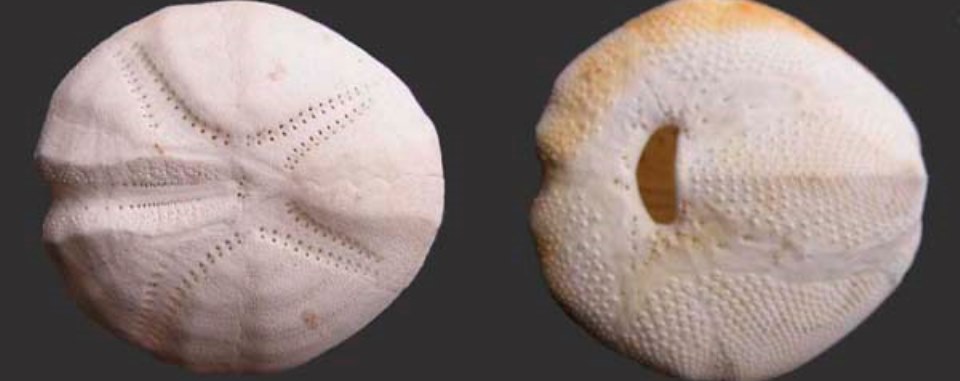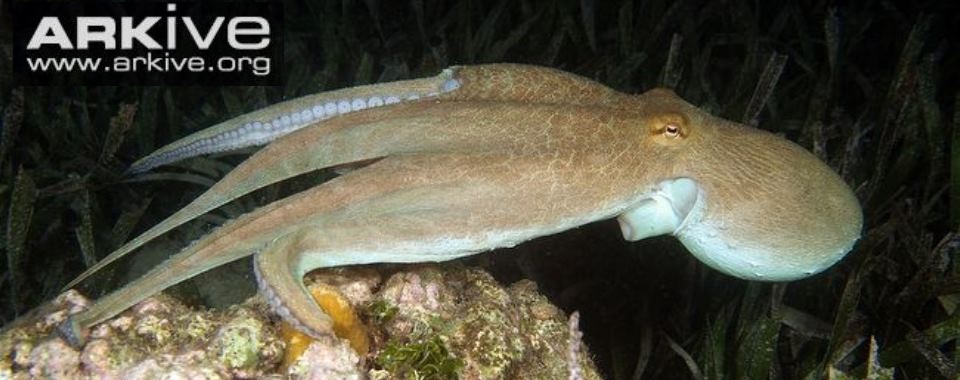When going on a trip with Ocean Blue we visit the Cape fur seal colony which is situated on the eastern side of the Robberg Peninsula. The guests enjoy watching the seals playing in the water or sleeping on the rocks. Do you know that when seals sleep they will occasionally open one eye to READ MORE
Dugongs (Dugong sp.) and manatees (Trichechidaesp.) are the two existing families of the order Sirenia or sea cows. The name Sirenia comes from Greek mythology meaning mermaid. Sirenia’s are unique among all marine mammals since they are strictly herbivores. There are three living species of manatees and one of dugongs, but out of the two, READ MORE
White-breasted cormorants are magnificent birds that can be seen during our boat trips. They sit on the rocks on the Robberg Peninsula or can be seen diving for fish in shallow waters along the beach. They differ from the Cape cormorant with their white breast and larger body size. Did you know? They don’t have READ MORE
The Robberg Peninsula is situated on the western side of Plettenberg Bay. In the 15th century Robberg was first named “Cabo talhado” (Sharp Cape) by the Portuguese and in around 1750 it was named Robberg (Seal Mountain) by the Dutch. Robberg has a unique rock formation where some of the oldest and youngest rocks in READ MORE
Bottlenose dolphins generally spend time close inshore, travelling or resting in the surf zone because it is thought to be a safe zone for them to be in. The turbulence created by the waves crashing onto the beaches disguises them from predators by masking their communication sounds. On our boat trip yesterday (Wednesday) we had READ MORE
Plettenberg Bay or “Plett” as it´s known by locals is located on the Garden Route in the Western Cape province of South Africa. Plettenberg Bay’s shoreline is made up of sandy beaches and rocky shores. The bay extends from the 5km long Robberg Peninsula in the west to Natures Valley in the east. Some impressive READ MORE
On the morning boat trip yesterday 29th April we saw a group of ±3 humpback dolphins near the Beacon Island rocks at the end of Robberg Beach. They were swimming around the rocks and approached the boat giving the guests a wonderful show of these usually shy dolphins. Did you know that humpback dolphins do READ MORE
A lot of different shells can be found along South African beaches. In Plettenberg Bay Pansy shells are the most famous shell, but the brittle shell of their cousins, the Heart urchins (Echinocardium cordatum), can also be found. Sea urchins (Echinoidea) belong to the phylum Echinoderms and are related to Sea stars (Asteroidea), Sea cucumbers READ MORE
Bryde’s whales are South Africa’s only resident whale species that doesn’t migrate south in summer. During the past week our guests have been extremely lucky to have seen a few Bryde’s whales during our boat trips. They are usually very shy and normally only surface a few times before taking a dive and swimming away READ MORE
Octopuses belong to the phylum Mollusca which also includes mussels, snails and nudibranchs .They belong to the class Cephalopoda (head-footed) together with squids, cuttlefish and nautilus. Cephalopods have well developed eyes and a ring of tentacles surrounding their mouth. Cephalopods are key species in the food chain because they are an important food source for READ MORE


